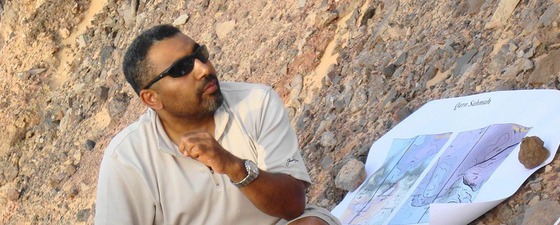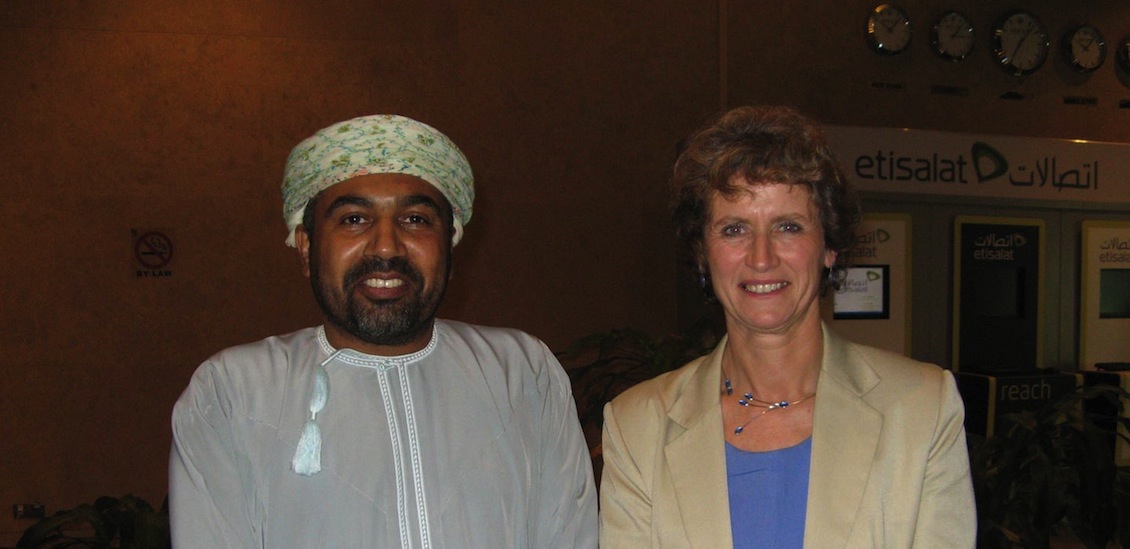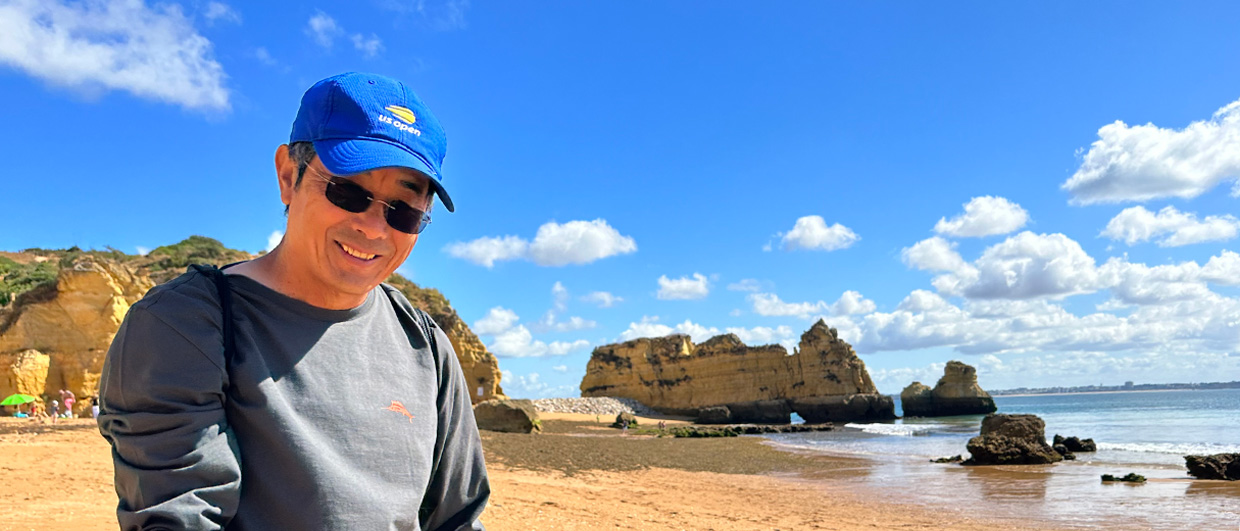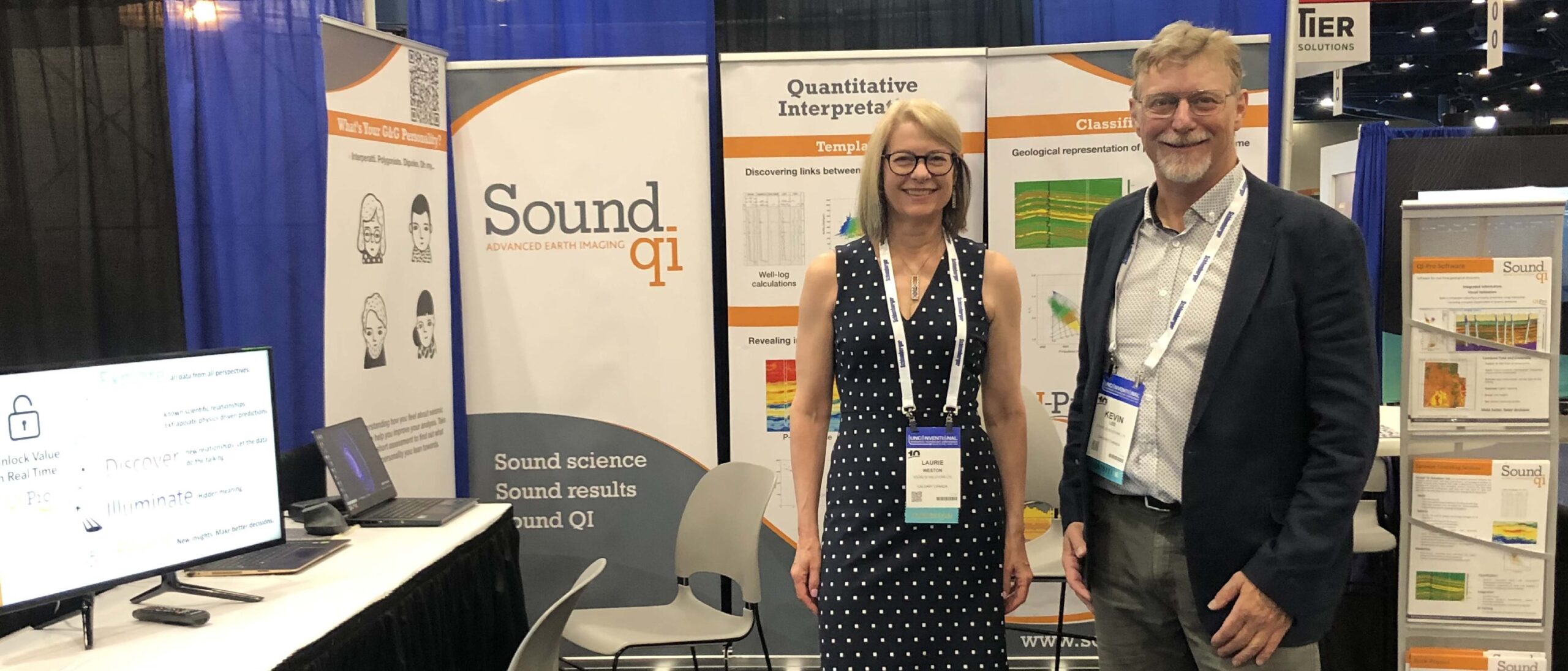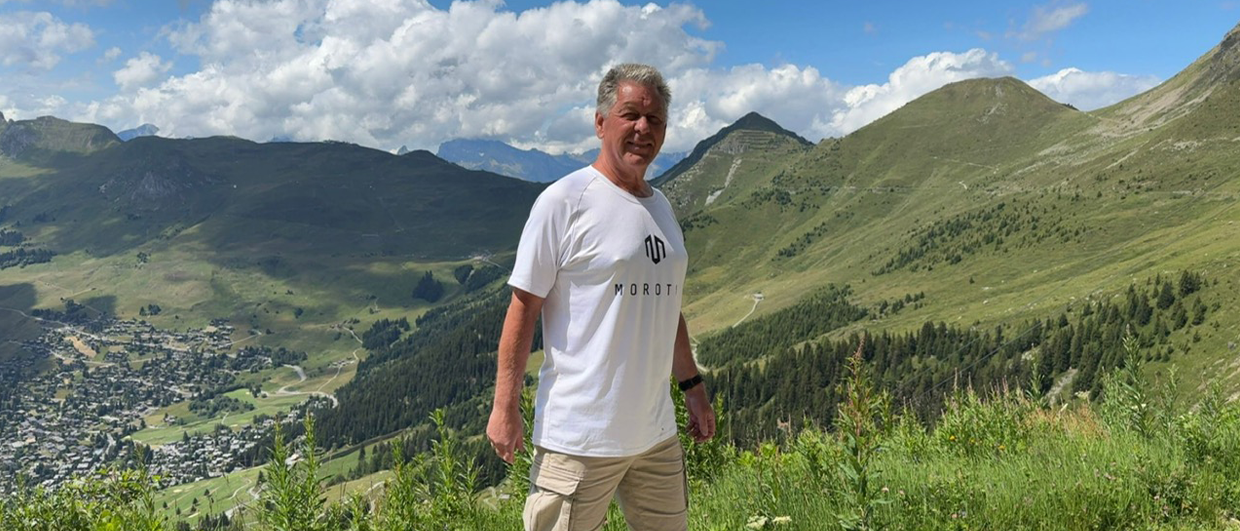“How can anyone born in Oman not be interested in geology? It surrounds us, it’s everywhere we look! Oman is geology!” Mohamed Al Harthy, CEO at the Oman Society for Petroleum Services and former Gas Exploration Manager with Petroleum Development Oman (PDO), tries to explain his initial and abiding fascination for the subject.
“I was always interested in ‘how’ and ‘why’, even as a little boy,” he continues. “I suppose I have an inquisitive mind, so I wanted to know how the rocks I saw all around me were created and why they take different shapes, forms and colours. My first contact with the oil industry was through my father, who worked for PDO, though he was not a geologist; he helped me find summer vacation work in the company. I soon realised that geology is the vital discipline in the search for hydrocarbons and determined on a career in that area.”
Spreading the Word
Mohamed is one of the first generation of Omani geologists who, having trained abroad, came home to practise their skills in Oman. He soon realised that, despite the fact that the country’s largest resource is its petroleum and minerals, it lacked an organisation to bring together the geological community to discuss and share knowledge on geoscience matters. In the late 1990’s he put together a written proposal to establish a Geological Society of Oman.
“My initial proposal was instrumental in preparing and outlining the vision and mission and in setting strategic goals. It took a few years, but eventually in 2001 we set up the Society.
“There must have been a need for this society, because it grew very rapidly and we now have several hundred members, of all nationalities, many retaining their membership when they leave the country. We publish regularly and all our publications are in English as well as Arabic, because English is the traditional language for geology, and we want to attract a wide pool of geoscientists.” Mohamed adds, “I would like to convey my sincere and special thanks to the GSO (Geological Society of Oman) Excom members and to the society presidents with whom I worked closely, including Dr Hisham Al-Siyabi, the first GSO president, and the subsequent office holders, all of whom have shown great leadership and dedication.”
“Through the GSO we want to encourage a love of science and nature, particularly in our young people, so we organise workshops for teachers and we visit schools throughout the country, even in remote areas of the interior.”
“The society organises monthly talks and regular geological field trips for members and, on request, we organise courses for oil companies. GSO is a not-for-profit organisation and its success depends on the support and encouragement of all, particularly oil and gas companies and service organisations. Attracting the best geoscientists is a global challenge, but I really do believe that the existence of a society such as the GSO, which has a rapidly growing reputation, has been, and will continue to be, a great asset to Oman.” The Geological Society of Oman is obviously very appreciative of the work Mohamed has undertaken on their behalf. Having been awarded medals for outstanding service in 2004 and 2005, in 2006 he was made one of only four honorary life members of the Society.
Data Exchange is Vital
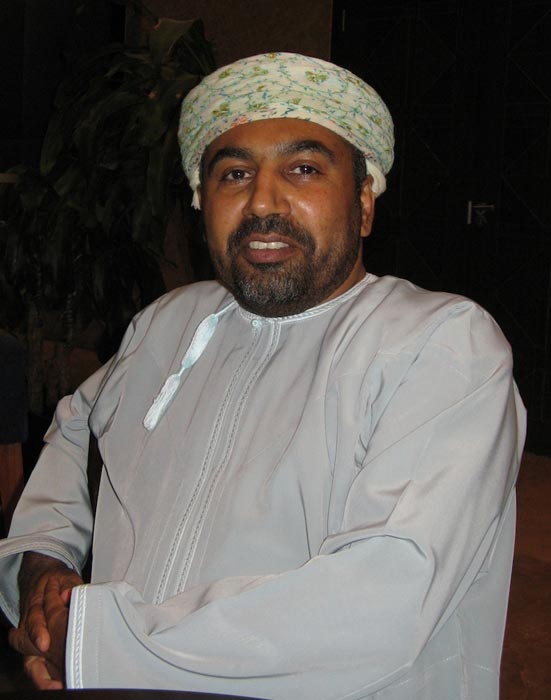 Mohamed Al Harthy is a keen field geologist. “I believe that every rock has a story, and field outcrops are an open library, giving the geologist the opportunity to read, understand and integrate the individual stories into an understanding of the comprehensive geological history of an area. Our present knowledge of geosciences is rooted in careful field observations. Even with the advent of technologies such as seismic, gravity and magnetic sensing and satellite imagery, field-based geology remains the bedrock of the science and the student of geology must have a strong background in field observation. A lot of oil and gas has been found by means of geological field work.” Source: Jane WhaleyMohamed Al Harthy was one of the first generation of Omani geoscientists to join PDO, where he started his career as a stratigrapher, well site geologist and field geologist after obtaining his degree in Geology from Cairo university in 1984. In 1986 he undertook an MSc in Petroleum Geology at Imperial College, London, before returning to Oman and PDO to work in a number of roles, including several years in Egypt as a Senior Explorer with Shell Egypt New Ventures, mainly focusing on the Nile Delta offshore concessions.
Mohamed Al Harthy is a keen field geologist. “I believe that every rock has a story, and field outcrops are an open library, giving the geologist the opportunity to read, understand and integrate the individual stories into an understanding of the comprehensive geological history of an area. Our present knowledge of geosciences is rooted in careful field observations. Even with the advent of technologies such as seismic, gravity and magnetic sensing and satellite imagery, field-based geology remains the bedrock of the science and the student of geology must have a strong background in field observation. A lot of oil and gas has been found by means of geological field work.” Source: Jane WhaleyMohamed Al Harthy was one of the first generation of Omani geoscientists to join PDO, where he started his career as a stratigrapher, well site geologist and field geologist after obtaining his degree in Geology from Cairo university in 1984. In 1986 he undertook an MSc in Petroleum Geology at Imperial College, London, before returning to Oman and PDO to work in a number of roles, including several years in Egypt as a Senior Explorer with Shell Egypt New Ventures, mainly focusing on the Nile Delta offshore concessions.
He then He held several technical and managerial positions including Team Leader for the Shallow Oil and Near Field Exploration team, Head of Exploration Staff Development Planner and ended his career in PDO as currently Exploration Gas Manager, before leaving the organisation to head up the Oman Society for Petroleum Services, which is a forum for the 356 oil and gas companies which operate in the oil and gas industry in Oman.
Despite the achievements of his life so far, Mohamed obviously feels that there are still many things left to do, to encourage and to develop. He speaks passionately about the need to increase the level of research and knowledge of the earth sciences. “In this part of the world, we must undertake more public research. We also need to be more open with data, as it is vital to exchange information on a country to country and company to company
IMGbasis. Knowledge is the universal birthright of mankind. Major regional conferences such as are helpful, but we still need to dig deeper for data.”
“I think that all countries in the area have a joint responsibility to build and put into practice strategies to realise the potential advantages of digital information for present and future generations. Access to readily available digital data and new technologies for information integration and knowledge innovation will influence the free and productive development of societies in the region and around the world. Providing ready and open access to the vast and growing collections of digital information is the key to understanding and responding to the complex earth system phenomena that influence human survival.”
“We must become much more open to information between countries and companies to advance our regional understanding and capture the larger picture – geology doesn’t stop at country borders, after all. It takes professional skill to unravel the regional geological puzzle, but scientists need data to constrain their assumptions and calibrate their concepts. I strongly believe that better data availability will enable scientists to make the advancements needed to verify, refine and improve our models of the earth and thus reduce geological uncertainties and mitigate technical and economic risks. It goes without saying that all parties involved in data exchange must work together to share the information with the world community, while respecting intellectual property rights and security constraints.”
Exciting Challenges Ahead
“Here in Oman we know that we have plenty of remaining reserves, but the big, obvious and shallow structures have been discovered. We will need better imaging tools and other techniques to search out the hidden traps containing the remaining hydrocarbons. We also need to work with international companies to bring in and adopt new technologies.”
“However, technology is only part of it – it is important never to underestimate either local knowledge or the powerof the human brain,” he adds
Mohamed Al Harthy is a very successful and well respected geologist, yet he retains a wonderful enthusiasm for the subject which still fascinates him, and a great eagerness to infect others with this passion. He devotes huge energy to the proliferation of ideas and the development of the sciences of geology and petroleum exploration in the Middle East, having participated in many international conferences as either presenter or session chair. Within Oman, Mohamed has featured in national newspapers, magazines, radio and television promoting the importance of geology and geosciences in general and in particular in the field of oil and gas exploration and production, as well as participating in climate and environmental discussions.
Geology Everywhere
“I love debating and discussing the issues which excite me,” he explains, “and I enjoy helping other people to understand the amazing scenery which surrounds them in Oman. I thoroughly enjoy geology and love the fact that I can relate to it and see it all around me wherever I go. Even my wife looks at the mountains differently now – they are not just rocks anymore!”

